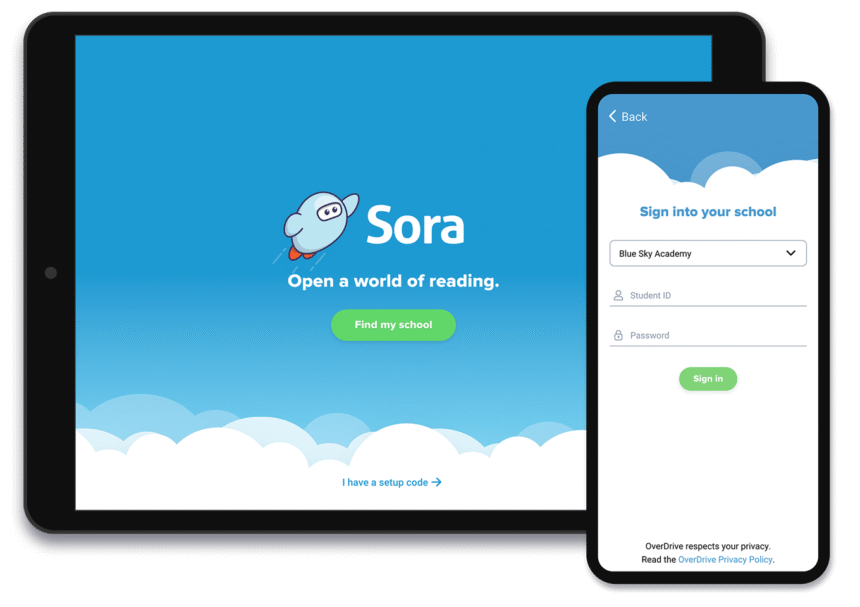OpenAI has stepped directly into the social media arena with the launch of Sora, a short-form video app where every clip is generated by artificial intelligence. The move, accompanied by the unveiling of the upgraded Sora 2 model, signals the company’s ambition to push AI beyond productivity tools and into mass entertainment.
The company, best known for ChatGPT, has been building its video capabilities since early 2024 when it released the first version of Sora, a text-to-video model. That technology has now been refined into Sora 2, which produces more realistic motion, smoother physics, and synchronized audio.
Unlike TikTok or Instagram, OpenAI’s new app does not allow users to upload content from their camera roll. Instead, every video in the feed is generated through AI, either from a prompt or by using OpenAI’s new “cameo” feature. This option allows users to insert themselves—or friends with permission—into AI-generated clips.
Features and Functionality
The app mirrors the familiar design of TikTok: vertical scrolling, algorithmic feeds, and remixable trends. But the content is entirely synthetic, ranging from skateboard tricks to staged performances, all created by Sora 2.
The technology’s improvements aim to address earlier criticism about AI video being visually inconsistent. Demonstrations shared by OpenAI include complex physical activities such as gymnastics routines, showcasing how the model handles motion and dialogue synchronization more naturally.
For OpenAI, the launch represents more than a new product. It positions the company as a direct competitor to established social media platforms such as TikTok, YouTube, and Instagram. By tying social interaction to its AI technology, OpenAI is not just offering a creative tool but creating an ecosystem where content, engagement, and platform are integrated.
However, the implications stretch beyond Silicon Valley competition. The ability to place real people into AI-generated scenes raises concerns about likeness rights, misinformation, and misuse. Regulators, copyright holders, and privacy advocates will be watching closely as the app rolls out.
Why it Matters
While the app will initially launch in the United States and Canada on iOS, its global impact is already under discussion. For African creators and entrepreneurs, Sora could lower the cost of content production and open new opportunities for digital storytelling. At the same time, it poses risks of deepfakes, disinformation, and cultural erasure if localized versions fail to respect regional contexts.
The debate mirrors larger questions: should AI be embraced as the next creative frontier, or feared as a disruptive force to human creativity and authenticity?
The immediate test will be adoption. Will users embrace AI-generated feeds as entertainment, or will skepticism over “AI slop” slow momentum?
As Sora expands, OpenAI faces challenges on multiple fronts: managing misuse, negotiating with copyright owners, and proving that fully synthetic content can compete with human-made storytelling. For now, the launch of Sora marks a new phase where AI no longer just assists with content creation—it creates the stage itself.
Talking Points
OpenAI’s Sora is not just another TikTok rival—it’s a direct assault on human creativity. When the feed is 100% AI-generated, what role do human creators really play? Are we heading towards a world where likes, shares, and virality are determined not by talent but by prompt engineering?
Sora raises a disturbing question: will people still value real human experiences if everything they scroll through is artificial? A skateboard trick or dance move generated by AI may be impressive, but it removes the struggle, practice, and artistry behind it. Isn’t that what made social media content relatable in the first place?
For Africa, this technology is both a gift and a threat. On one hand, it democratizes content creation by removing expensive production barriers. On the other, it risks deepening dependency on Western tech monopolies, especially if localized African culture, languages, and traditions are erased or poorly represented in AI-generated feeds.





